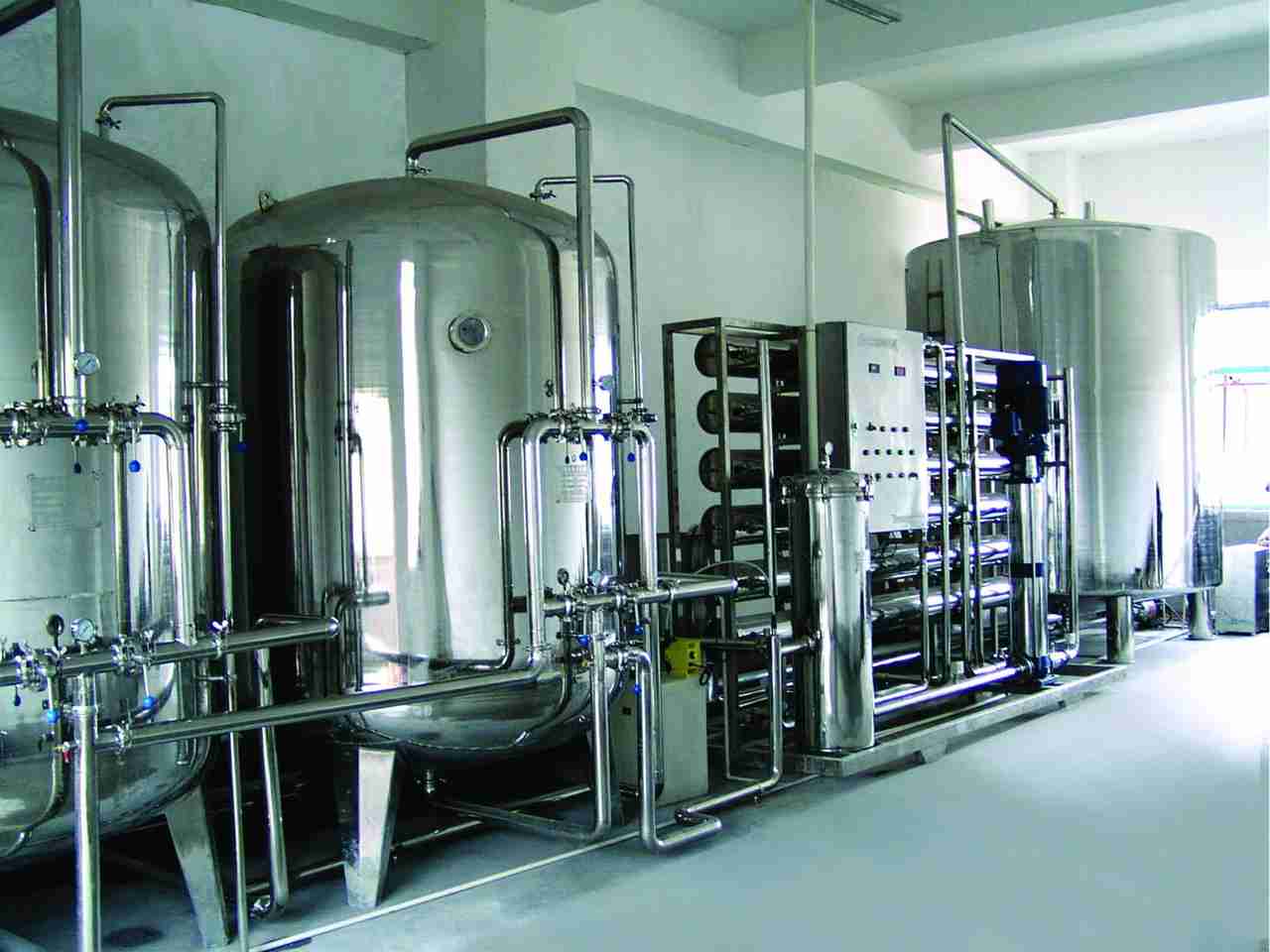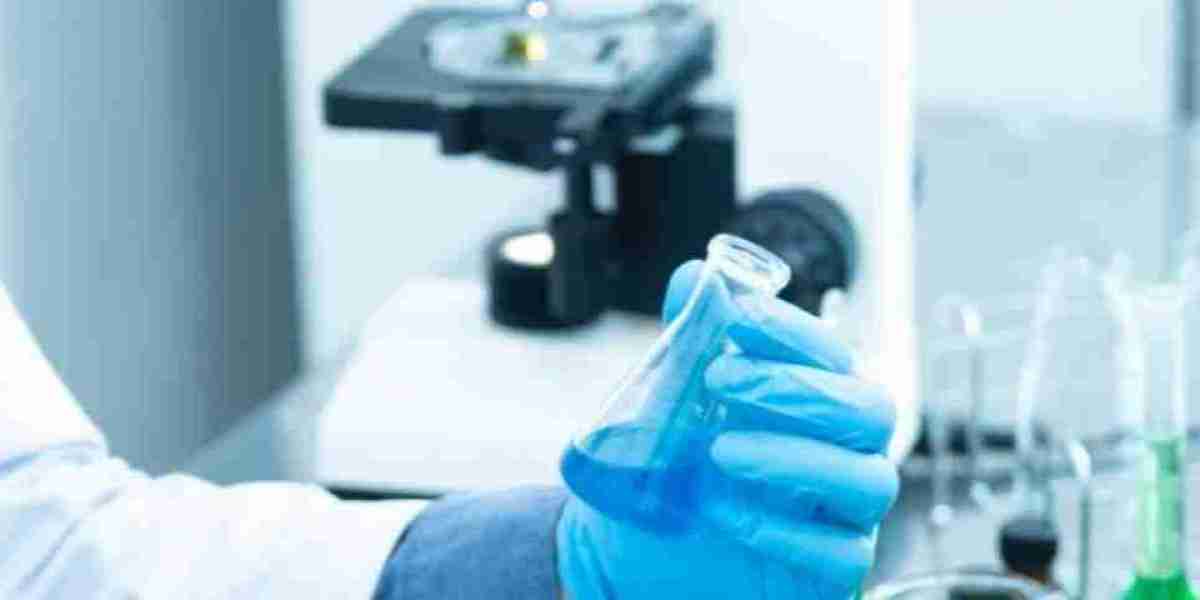As water scarcity and soil degradation become growing concerns across the globe, the agricultural sector is turning to more advanced solutions to optimize water use and protect crop yields. One of the most impactful trends is the increasing adoption of water treatment chemicals in agriculture and irrigation systems. These chemicals play a vital role in enhancing water quality, protecting irrigation infrastructure, and ensuring sustainable farming practices.
This article explores how and why the agriculture industry is becoming a growing segment for the water treatment chemicals market

Why Water Treatment is Crucial for Agriculture
Agriculture accounts for nearly 70% of global freshwater usage, but much of that water is drawn from surface water sources, such as rivers, lakes, and canals, which often carry contaminants like:
- Algae
- Sediment and silt
- Organic matter
- Pathogens and bacteria
- High levels of minerals or salts
If untreated, these impurities can clog irrigation systems, damage crops, degrade soil quality, and reduce farm productivity. This is where water treatment chemicals provide an essential solution.
Key Water Treatment Chemicals Used in Agriculture
Disinfectants (Chlorine, Hydrogen Peroxide, Ozone)
- Eliminate bacteria, fungi, and algae from irrigation water.
- Prevent biofilm buildup in drip lines and sprinklers.
pH Adjusters (Acids, Alkalis)
- Regulate water pH to prevent scale formation and nutrient lockout in soil.
Anti-Scaling Agents
- Prevent mineral scale buildup in pipes and nozzles.
Coagulants and Flocculants
- Remove suspended solids and organic matter from surface or reclaimed water.
Chelating Agents
- Bind and neutralize harmful metal ions in irrigation water.
Applications in Modern Irrigation Systems
As farmers adopt precision agriculture and drip irrigation systems, maintaining clean and efficient water flow becomes critical. Water treatment chemicals are now routinely used in:
- Drip irrigation to prevent clogging and reduce maintenance
- Hydroponics and greenhouse systems for water quality control
- Recycled wastewater irrigation to meet environmental regulations
- Fertigation systems where chemical compatibility and water quality are essential
Benefits for the Agricultural Sector
- Enhanced Crop Health and Yields: Treated water helps avoid disease outbreaks and supports optimal nutrient uptake.
- Prolonged Equipment Life: Reduces wear and clogging in irrigation systems, lowering maintenance costs.
- Efficient Water Usage: Cleaner water allows for more effective irrigation and reduces waste.
- Compliance with Sustainability Standards: Helps meet agricultural water quality regulations and environmental certifications.
Market Growth Drivers
Several factors are fueling the adoption of water treatment chemicals in agriculture:
Water Scarcity & Reuse
Regions facing droughts and limited water supplies are turning to treated wastewater for irrigation, requiring advanced chemical treatment to ensure safety.Government Regulations
Agencies are introducing standards for water used in farming, especially for edible crops, encouraging the use of approved treatment methods and chemicals.Rise of Controlled-Environment Agriculture (CEA)
Greenhouses and vertical farms rely on closed-loop water systems that need continuous treatment to prevent contamination.Sustainability in Farming
Eco-conscious growers are adopting cleaner and safer water treatment solutions to minimize environmental impact and meet market demands for sustainable produce.
Regional Adoption Trends
- North America: High use of water treatment in precision farming and greenhouse operations.
- Europe: Strong focus on sustainability and safe water reuse.
- Asia-Pacific: Rapid growth due to water scarcity and agricultural modernization in countries like India and China.
- Middle East & Africa: Heavy reliance on treated water sources for agriculture due to arid conditions.
Conclusion
The integration of water treatment chemicals in agriculture and irrigation systems is a growing trend with powerful implications for food security, water conservation, and environmental sustainability. As farmers and agribusinesses look for ways to improve efficiency and meet rising food demand, chemical water treatment will play a key role in ensuring safe, clean, and productive irrigation systems.




